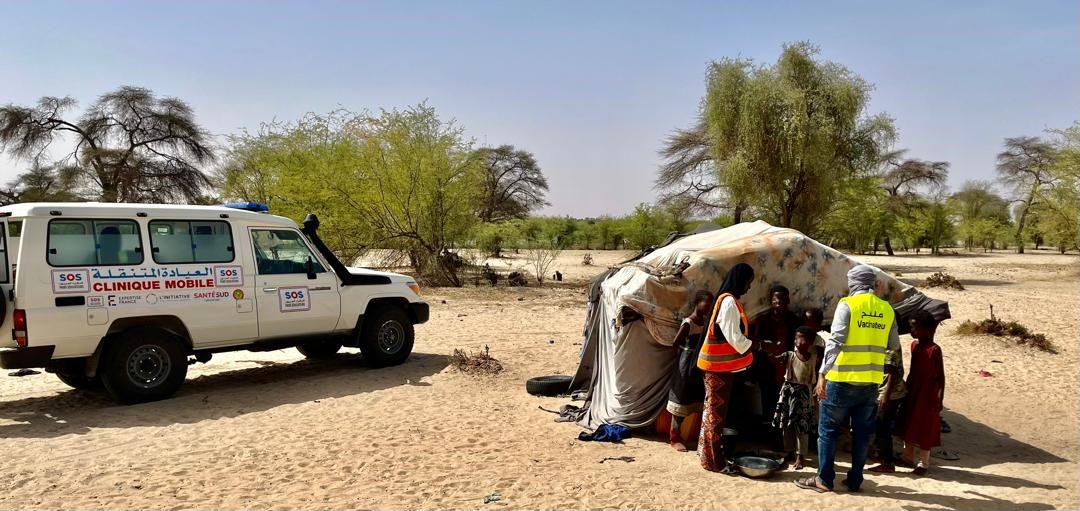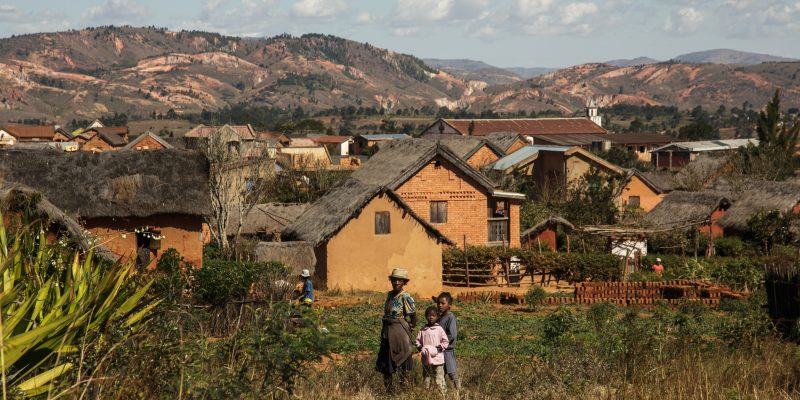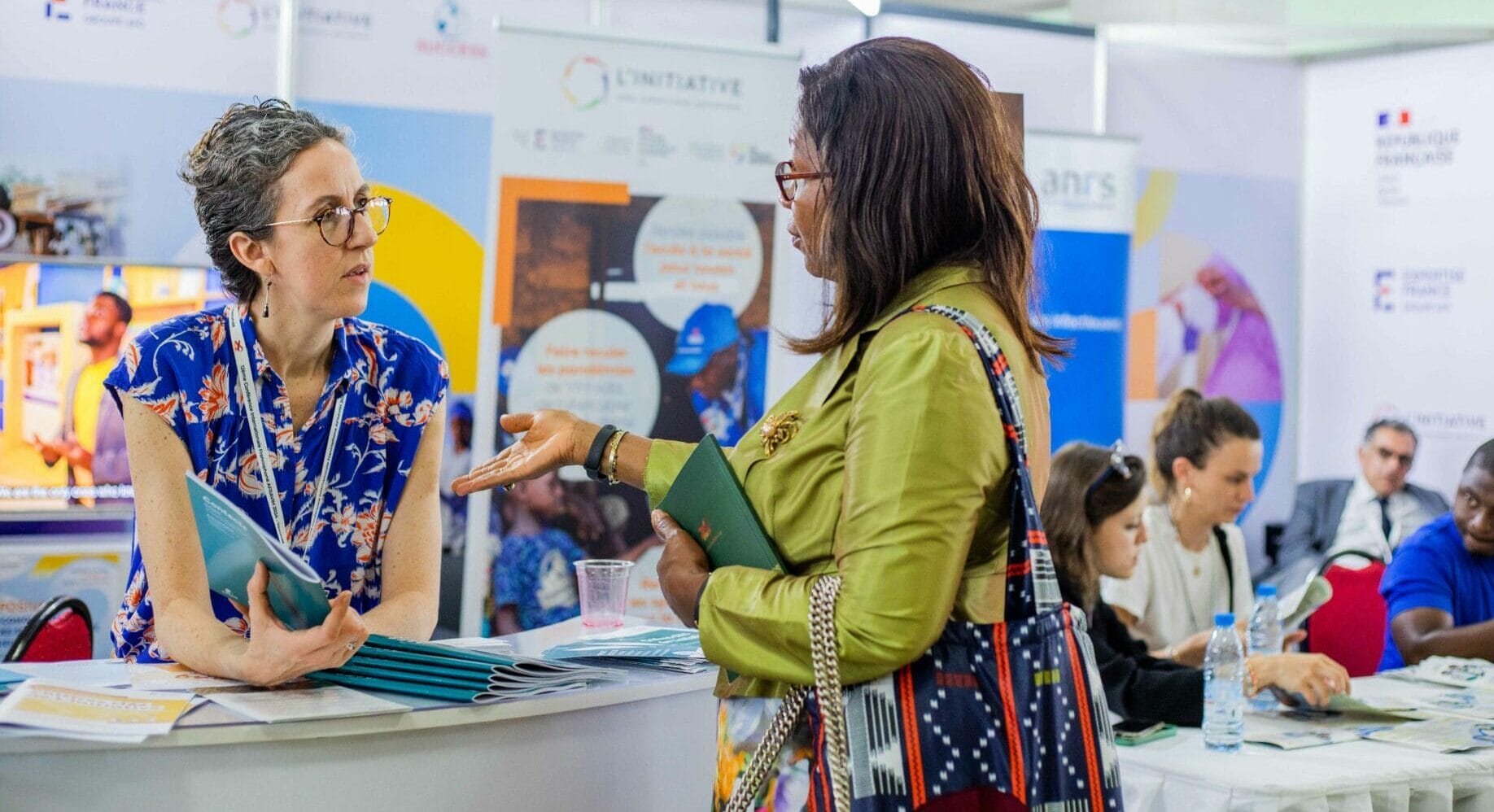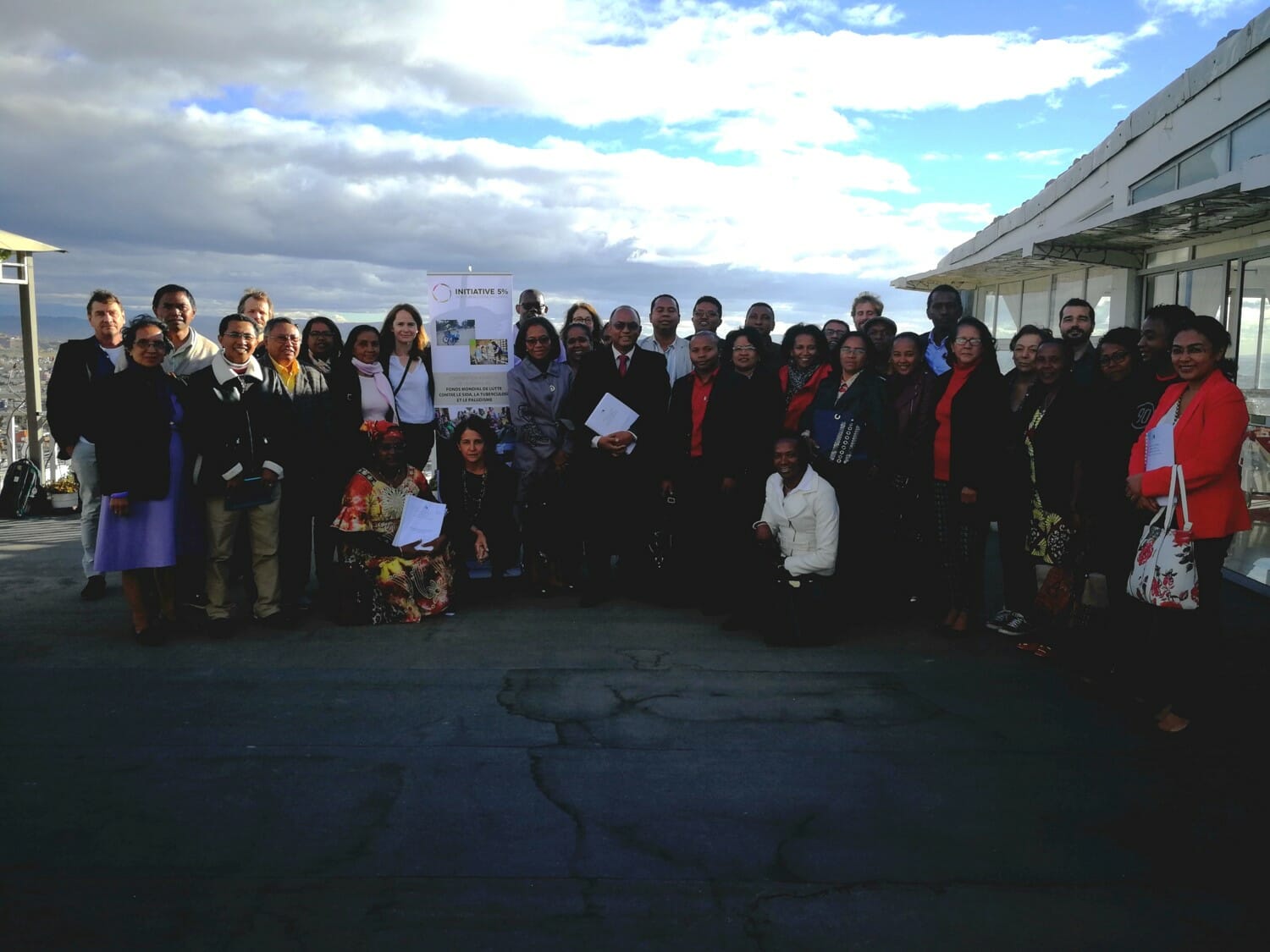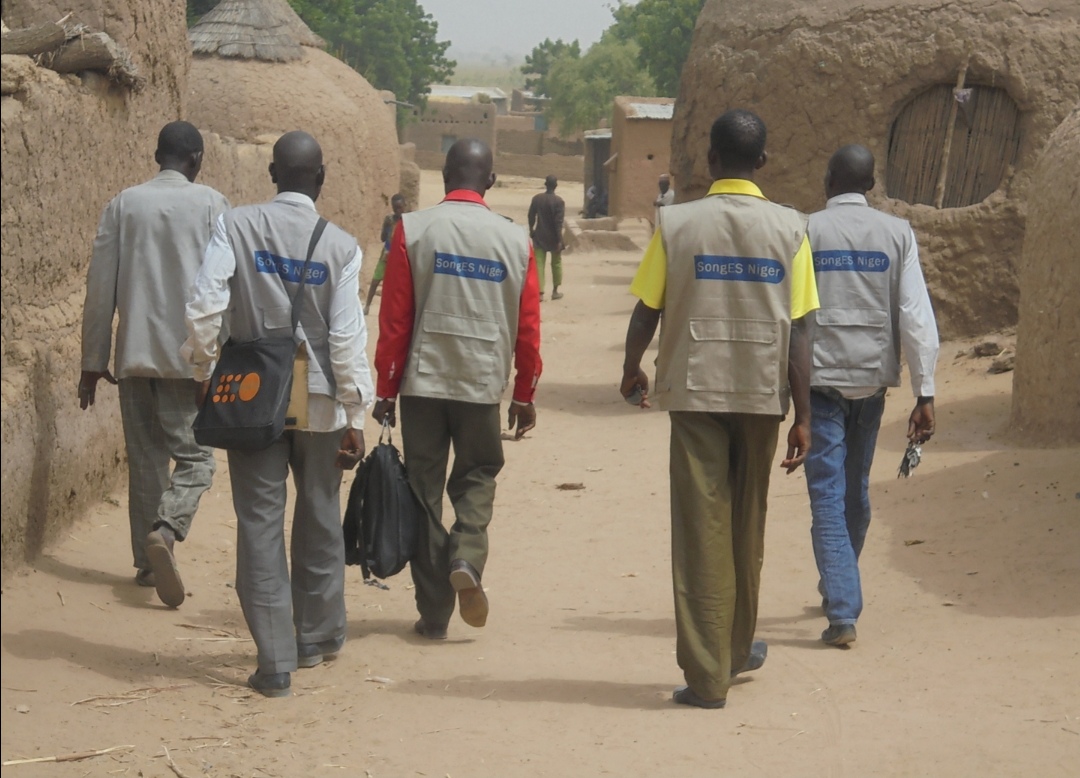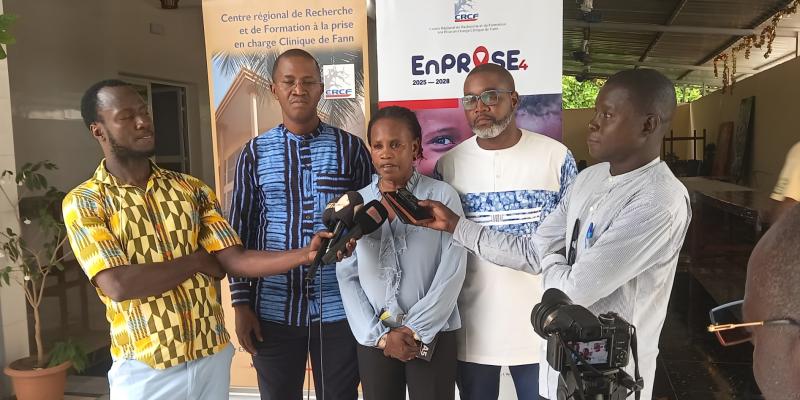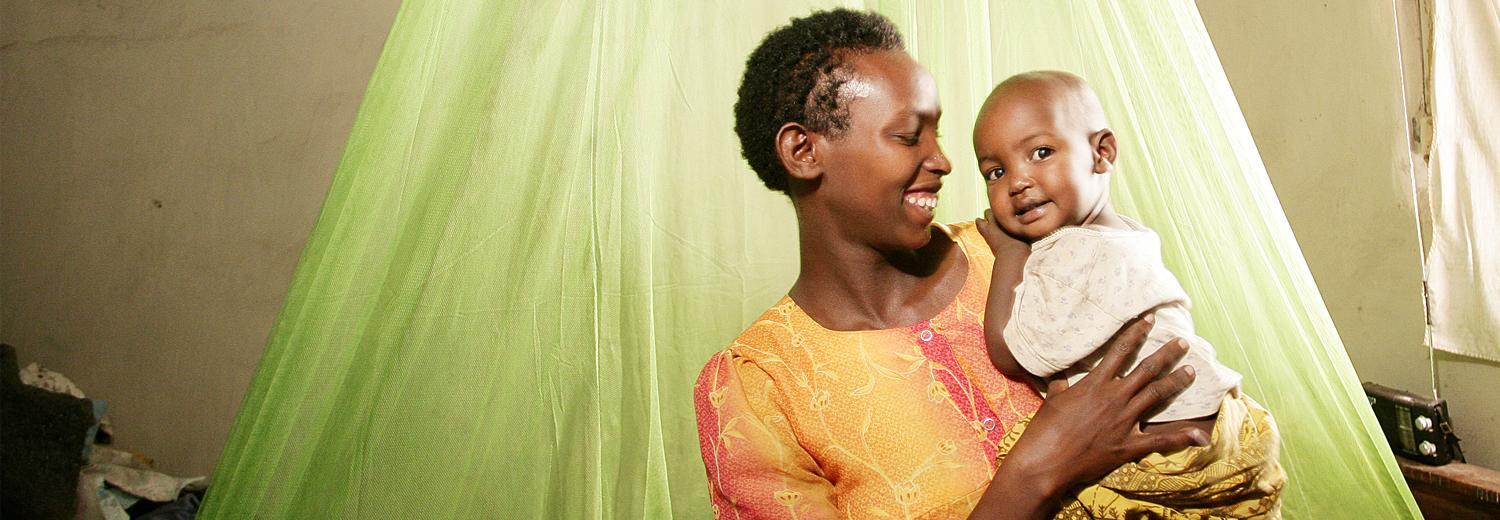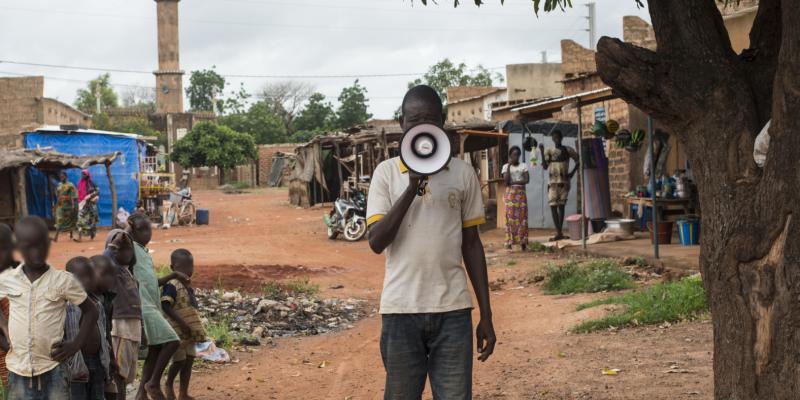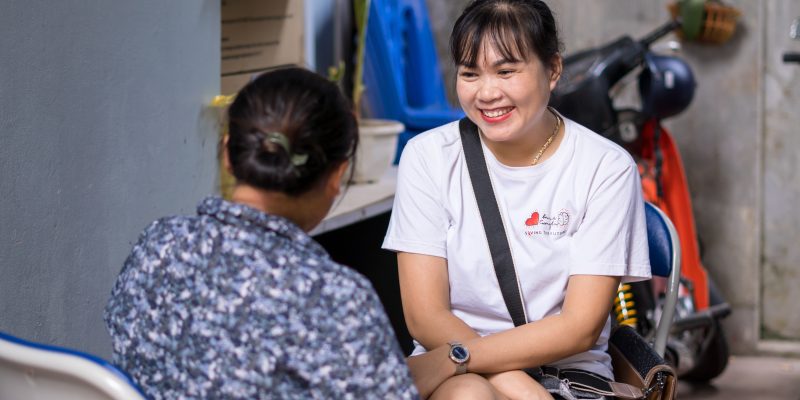HIV in Madagascar: a community-led monitoring close to key populations
Improving access to HIV prevention, testing, and treatment for key populations requires an accurate assessment of on-the-ground realities and listening to the voices of those affected, wherever they are, according to Dr. Ravelohanta, an addiction specialist and coordinator of the community-based HIV alert system. As part of this project, four organizations have been meticulously documenting stockouts and other systemic issues faced by the most vulnerable populations in Madagascar over the past three years. The goal: to build a well-informed advocacy effort to present to the authorities.
In October 2024, Dr. Mananarisoa Ravelohanta participated in the 20th Regional Conference on HIV in the Indian Ocean. She presented the latest findings from the Community-Based HIV Alert System (Sycavi). Launched in 2021, this project aims to enhance access to the continuum of care for key populations and people living with HIV through field surveys conducted in five cities across Madagascar.
Close to key populations communities
Dr. Ravelohanta, who has been the coordinator of the AINGA/AIDES association since 2009, is well versed in both the medical and community systems:
“My dual experience has strengthened my commitment to building connections between these two systems. In the ‘classic’ medical system, we see that accessibility is the main challenge, and the community system offers viable solutions.”
This is why the Sycavi project combines the expertise of four associations in Madagascar, each addressing a specific population: sex workers through the AFSA network, men who have sex with men through ORM LGBT, people who inject drugs through AINGA/AIDES, and people living with HIV through the Mad’Aids network.
A dire need for resources
First and foremost, the Sycavi project is a community-led monitoring—the four associations rigorously measure the accessibility of prevention, testing, and care services. Semester after semester, they publish their reports to raise awareness about the critical situation the country is facing.
“The main issue is access to care and medication for everyone. In Madagascar, there is no universal health coverage.”
Indeed, 81% of Madagascar’s population lives below the poverty line. The country ranks 177th out of 193 on the United Nations Human Development Index, with an average life expectancy of 63 years, according to the WHO.
“In the case of HIV, prevention, testing, as well as treatment with antiretrovirals and viral load monitoring are covered, but they are insufficient compared to the needs. The analysis and treatment of opportunistic infections are not covered.”
Even when prevention and testing resources are supposed to be provided, the associations involved in the Sycavi project observe shortages. The community-led monitoring’s investigators found that condoms were unavailable in 19% of the 108 primary health centers visited, and in 47% of the 209 meeting sites. Meanwhile, subsidized condoms were being sold on the black market. Similarly,
“AINGA/AIDES runs a syringe exchange program funded by the City of Paris and Solidarité Sida, but the quantity provided does not meet the needs of the beneficiaries.”
Shortages of testing and care inputs
The successive reports from the Sycavi project highlight recurring shortages of the necessary health productsfor testing and care.
“The Global Fund is almost the only partner financing the purchase of inputs. The health products have become insufficient not only for the target beneficiaries but also for pregnant women and the general population. Some organizations had to purchase these goods themselves to meet the needs of the targeted groups.”
The reports identify supply chain issues and stock management as the main causes of products shortages.
And it doesn’t stop there. Once tested, individuals need care. The survey shows that 32% of people have experienced interruptions in their treatment. The causes are multiple: personal circumstances, unavailability of health products, limited access to viral load testing services, and a shortage of healthcare staff, particularly referring doctors. Other long standing barriers in Madagascar, such as discrimination and stigma, gender inequalities, and the strong criminalization of drug use, remain prevalent. One in three respondents reported having experienced verbal discrimination.
A strengthened community-based approach
The Sycavi project takes stock of the major issues, as well as the progress made in Madagascar: “We have observed a strengthening of the role of community health, which the beneficiaries have embraced well,” notes Dr. Ravelohanta. At times, the associations see their efforts bear fruit. By the end of 2022, their advocacy highlighting the unavailability of inputs, particularly condoms, led to the organization of “Condom Programming” workshops by the National Program for the Fight Against STIs/HIV, which temporarily resolved the shortage situation.
“Through the community-based approach and thanks to the precise surveys we conduct, we are empowering ourselves to amplify the voices of those affected and make recommendations to assist decision-makers. The HIV conference was an opportunity to share our experiences with sister islands [Comoros, Seychelles, Rodrigues, Mauritius, Réunion] and demonstrate the benefits of a community-based health approach.”
At both the national and regional levels, the consortium of associations uses its findings to advocate for increased access to prevention, testing, and care inputs in the ten cities currently targeted by Global Fund funding, as well as throughout the country.
